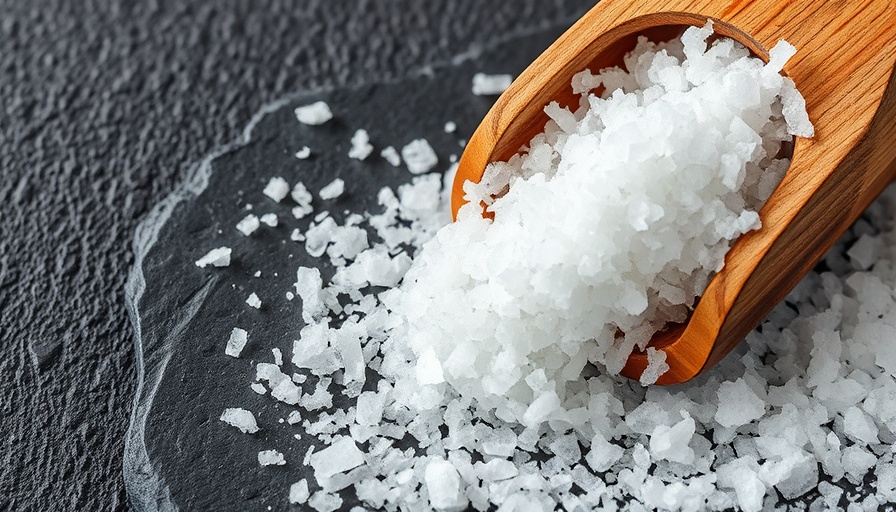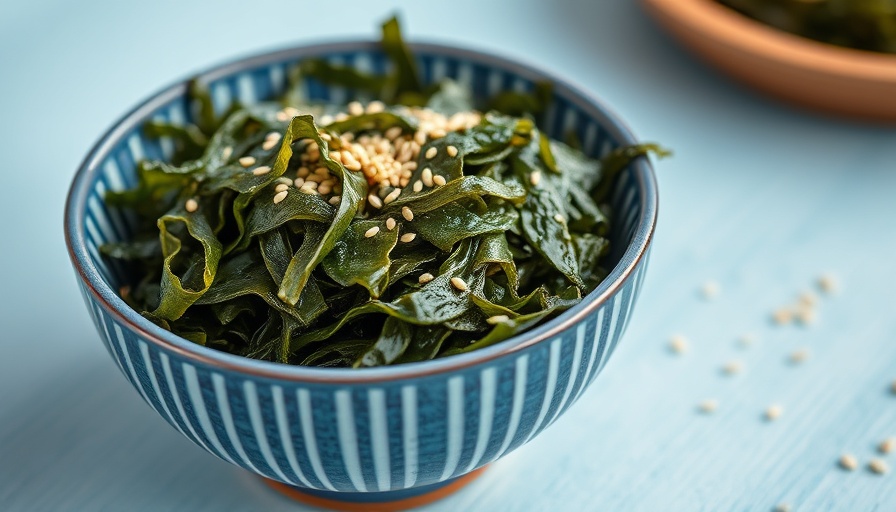
The Unseen Dangers of Our Salty Habits
A startling reality lingers beneath the surface of our diets: while we may think of physical inactivity as a leading contributor to health decline, our food choices, particularly our sodium intake, are far worse. Shockingly, recent findings suggest that unhealthy dietary habits remove around 10 million years of healthy life globally. Diets laden with high levels of salt are the culprit, making it clear that something must change.
The Potassium Paradox
Amidst increasing sodium consumption, an alarming trend emerges: the under-consumption of potassium. It's not just that we are indulgent with salt; we are neglecting an essential nutrient critical for heart health and blood pressure regulation. Genetic evolution afforded our ancestors an impressive intake of significant amounts of potassium. Today's average American barely scratches the surface of those nutritional needs. Is our shift toward heavily processed foods stripping us of this precious element?
Salt vs. Potassium: Why Balance Matters
Infamously dubbed a “silent killer,” high blood pressure poses the highest risk of cardiovascular diseases today, further exacerbated by our imbalanced diets. The American Heart Association suggests limiting sodium intake to 1,500 milligrams. Despite this recommendation, nearly 99% of Americans go beyond this limit. Potassium, conversely, acts as a counter-balance to sodium's effects, which is why maintaining a healthy intake of potassium-rich foods—fruits, vegetables, and whole grains—is essential.
Take Charge of Your Plate
In light of these findings, it’s crucial to reevaluate our dietary habits. Shifting from processed fare to wholesome fruits, vegetables, and whole grains will align us back to healthier dietary norms. Educating our communities about making smart food choices can pave the way toward a healthier society. Are you ready to embrace this change and put your best fork forward?
 Add Row
Add Row  Add
Add 




Write A Comment